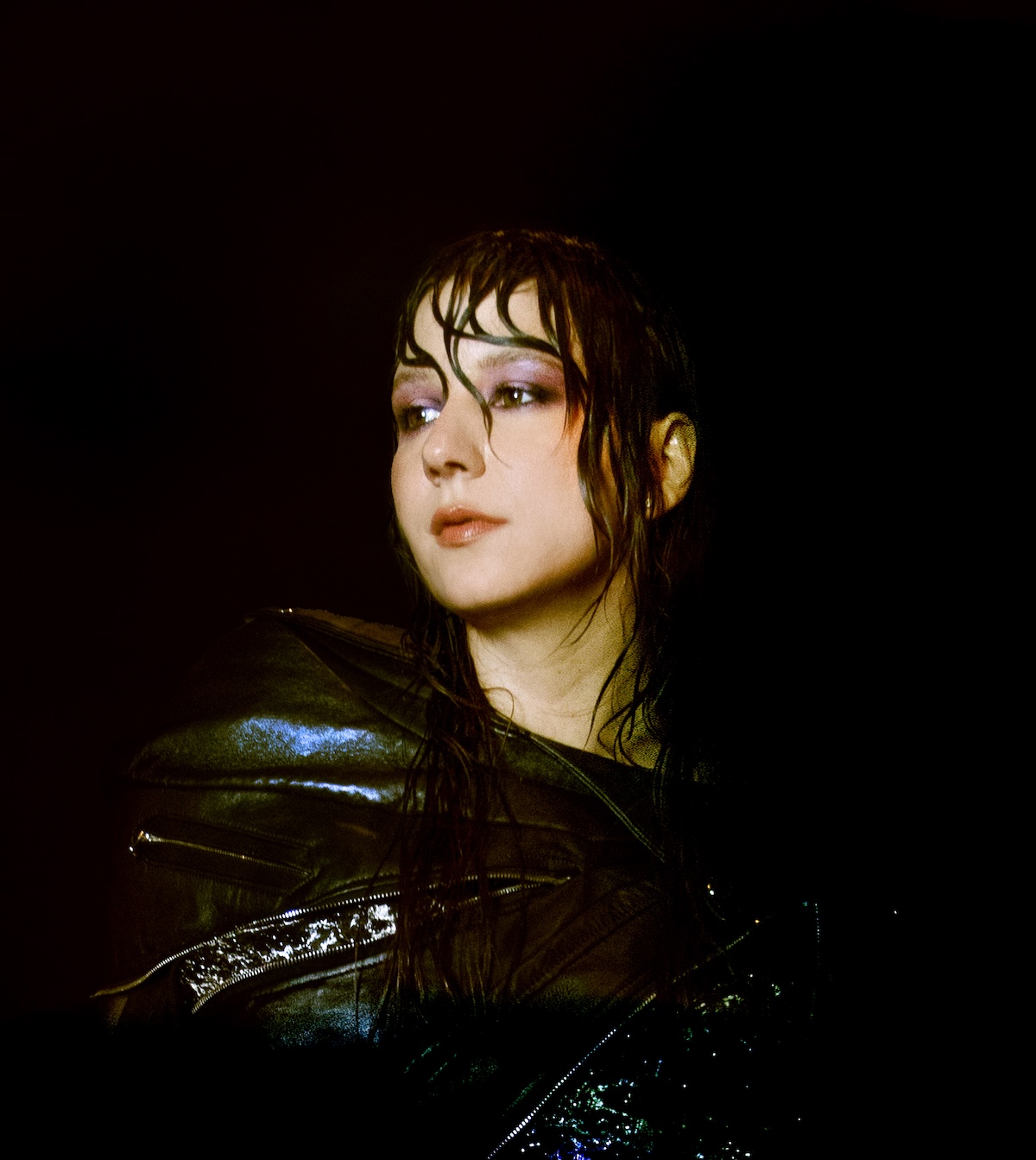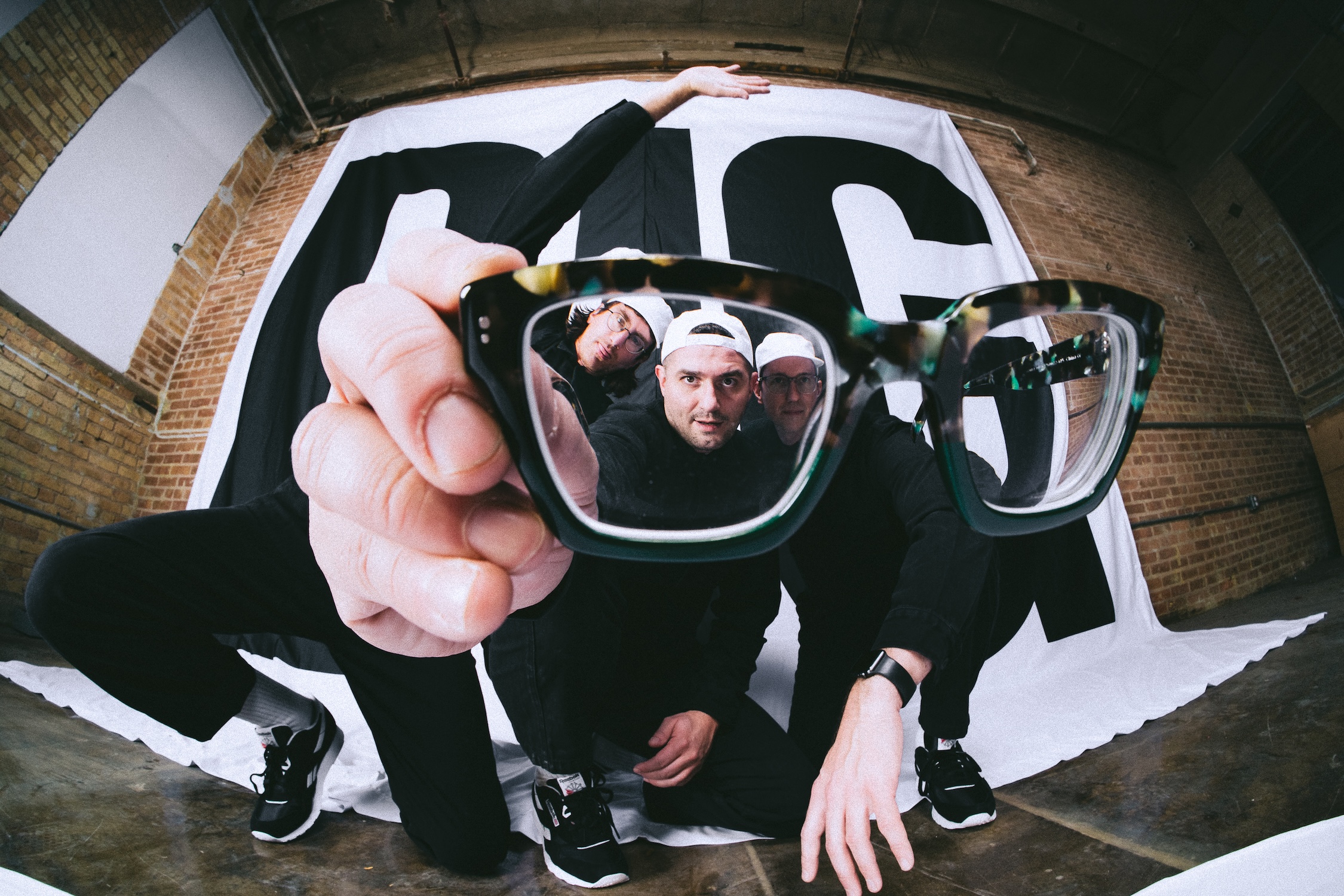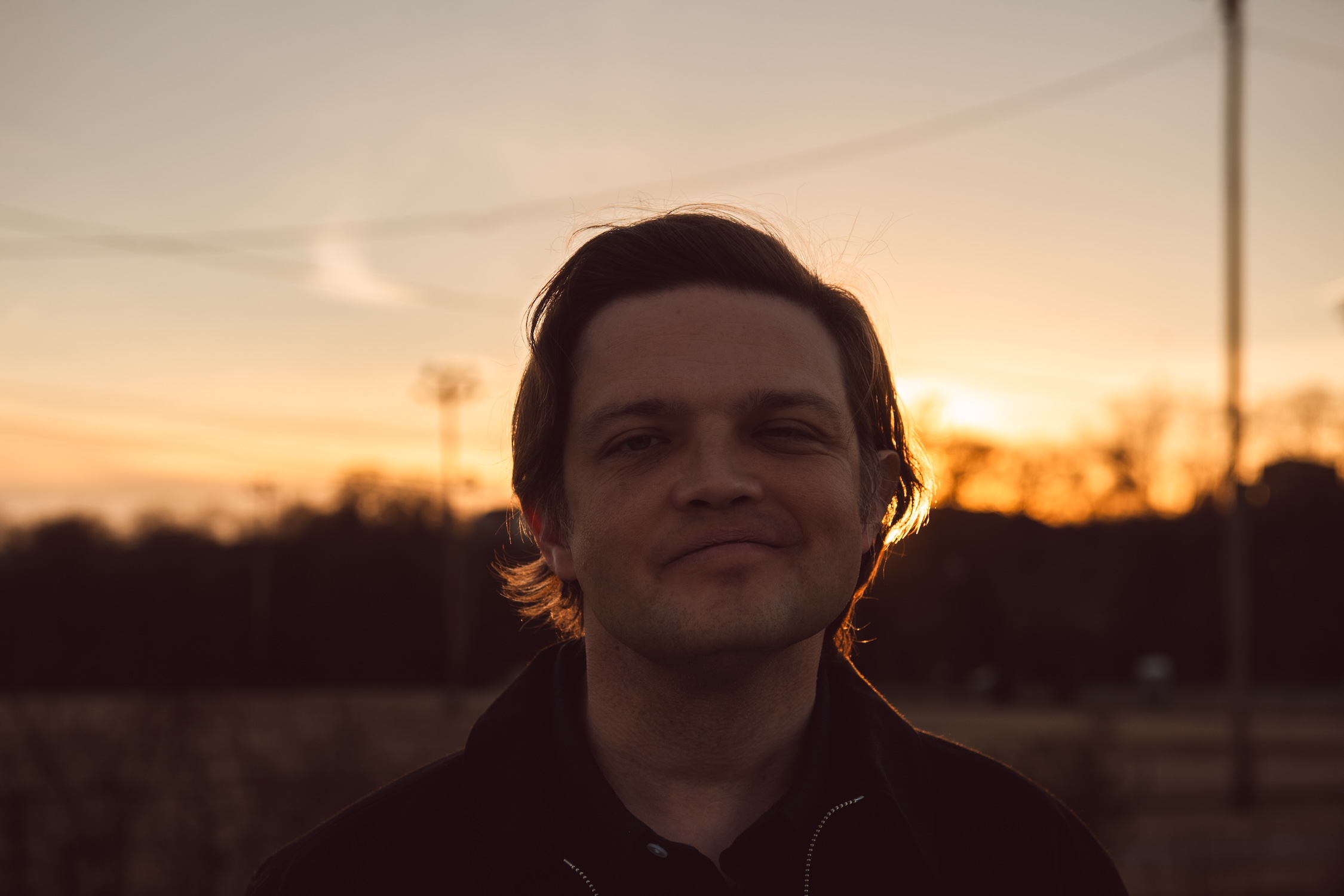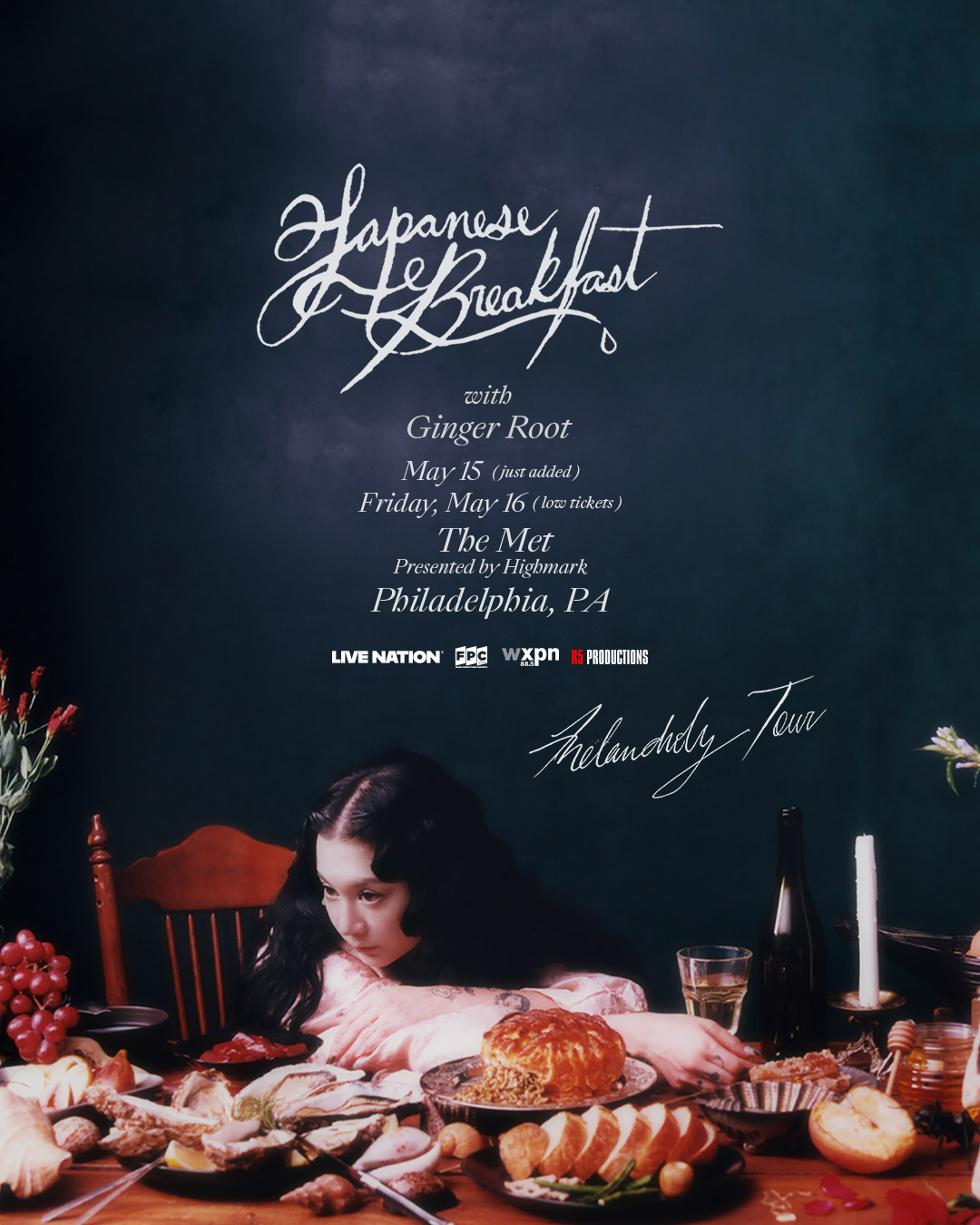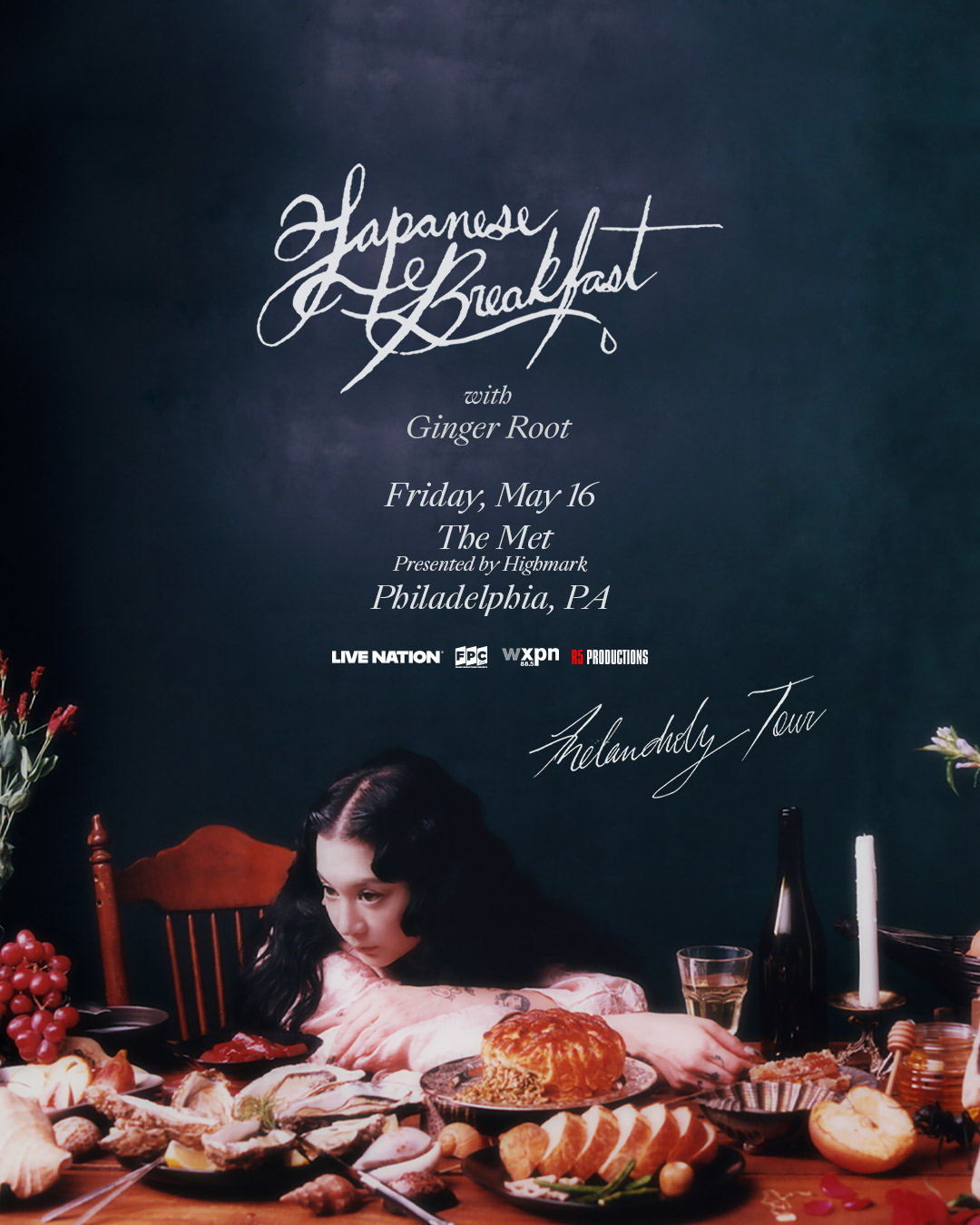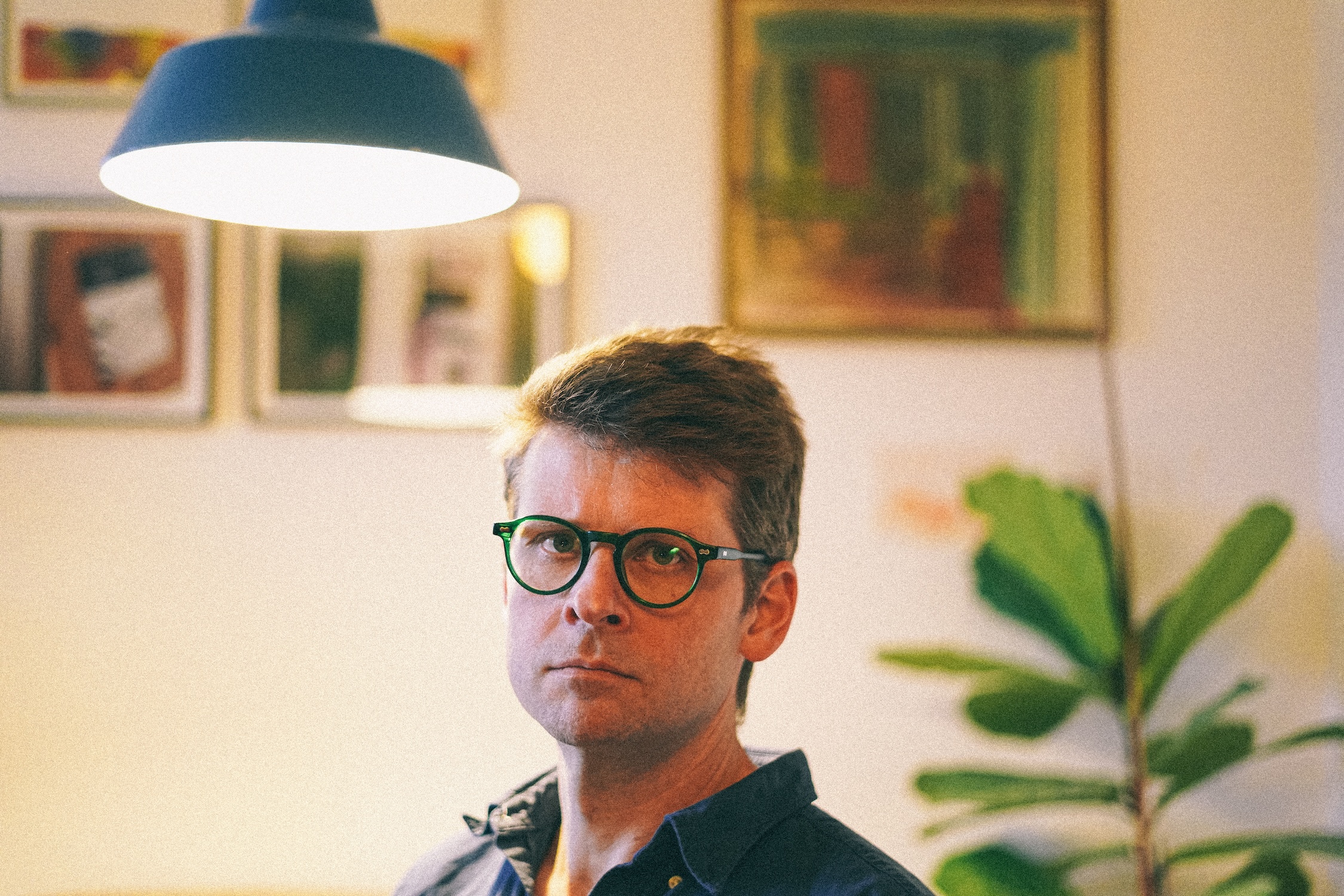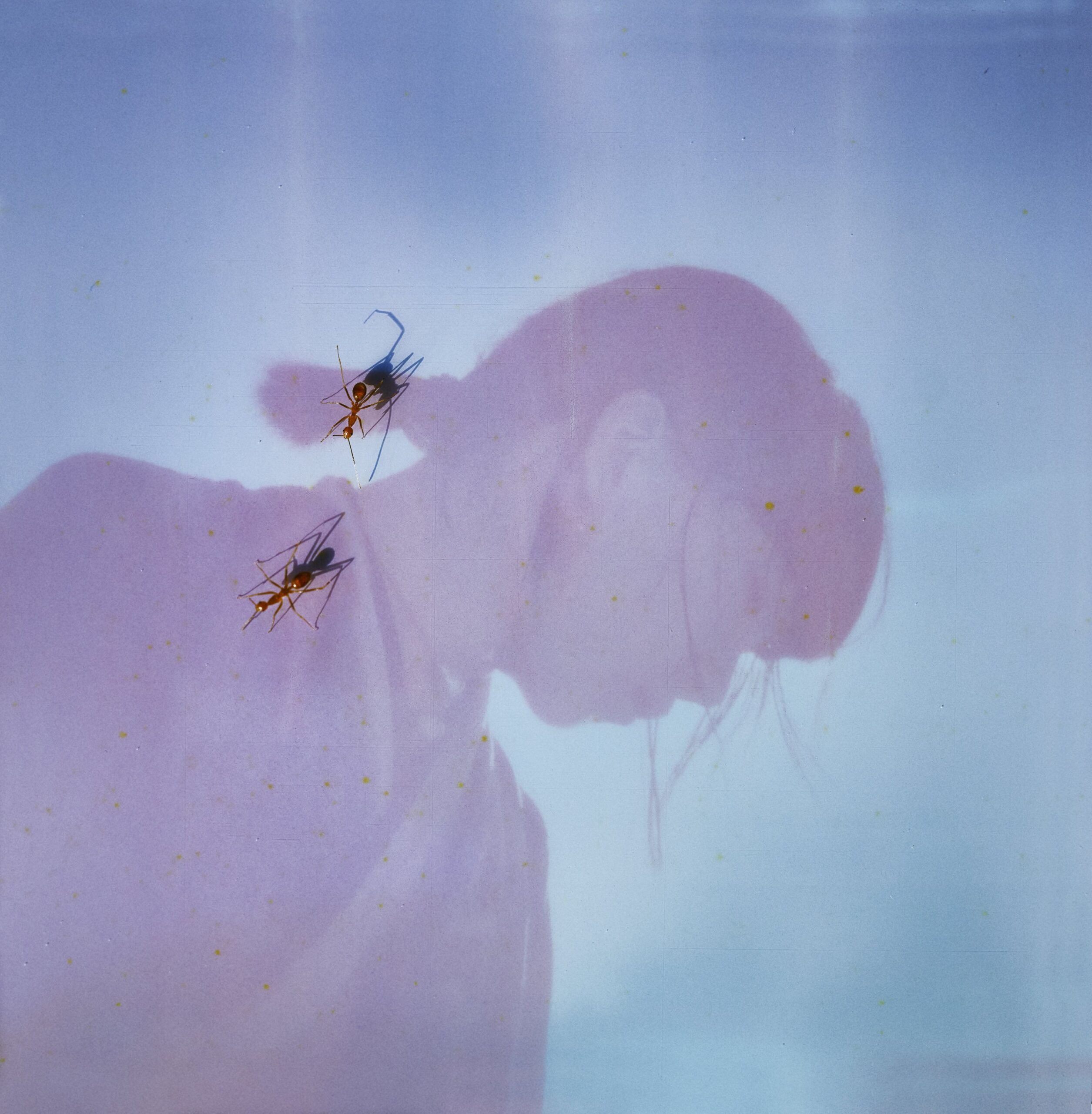Upcoming Events
April 2025
May 2025
Search Warrant, Headless World, Brainwashed
Zine Release Show
Des Demonas, Dot Dash, Applied Knowledge
Birthday Girl D.C.
Artist Of The Century Tour
Sideshow, Niontay, semiratruth
Halo On The Inside Tour
LEYA, MANNA
21 And Over
A Special Seated Show with
Turn Up Or Die
Dazegxd, d0llywood1
Just Announced
'Promiscuous Genes' Record Release
Emily Robb, Eraser, Stiff Curls
A Special Seated Evening with
A Special Seated Show with
The BIG Tour
PONY, Jimmy Montague
21 And Over
WXPN 88.5 Welcomes | The Melancholy Tour
Ginger Root
WXPN 88.5 Welcomes | The Melancholy Tour
Ginger Root
A Special Seated Show with
Jeff Zeigler
Luminescent Creatures Tour
Hayden Pedigo
SIGN UP
Join our email list!


